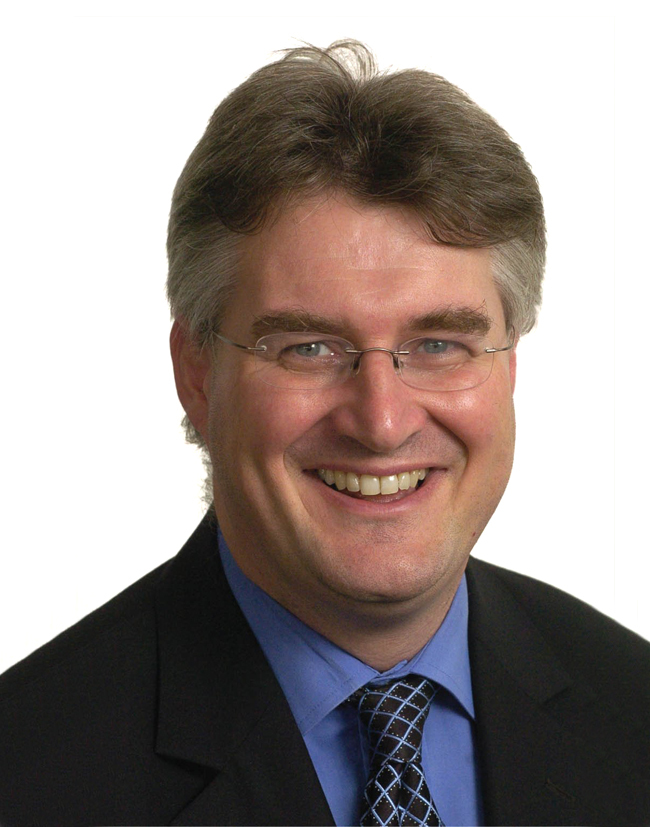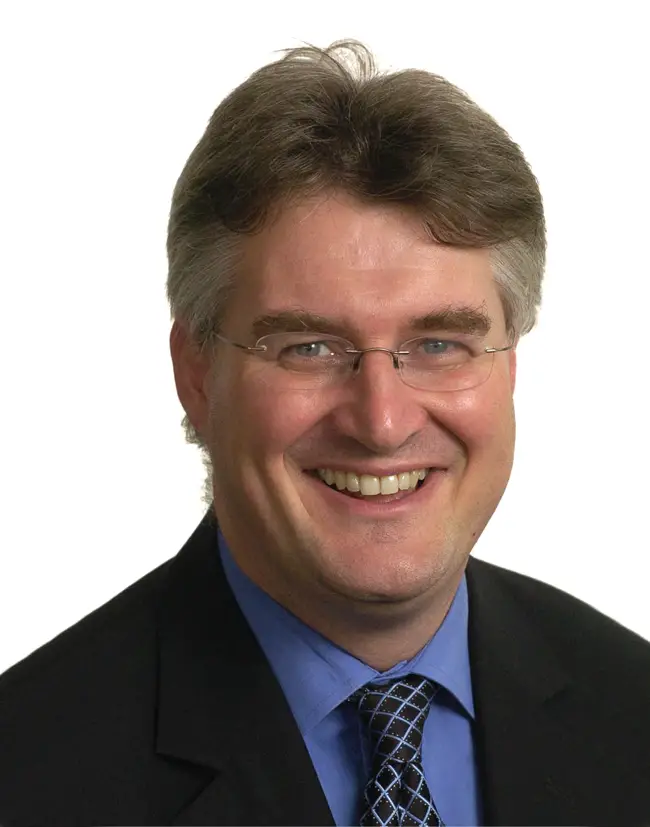
An increasing number of hotels are readying themselves to cater for multicultural clientele and there has been much discussion about catering to Muslim visitors in the form of Halal hotels. The Islamic community make up over 23% of the global population and catering for this large group demands a lot of thought and knowledge about the culture and needs of the group.
Jeff Robinson, Aurecon Principal Engineer and Hospitality Sector Leader, says that Halal hotels have a unique set of needs in terms of design and service offering.
“Halal hotels require much more thought than simply focusing on Halal food certification. Some of the other requirements include prayer rooms, bidets in bathrooms, prayer mats in each room, separate pools for men and women, and all female floors should be considered,” says Robinson.
“At the end of the day, you want people to come and enjoy themselves at your hotel, so you need to focus on what is relaxing, comfortable and culturally appropriate for different clients. It’s about understanding who your population is and making sure you cater to everyone in that group,” says Robinson.
Stephen Olckers, Aurecon Head of Building Services (Cape Town) & Hotel Business Development in Africa, explains that many hotel brands in the region are investigating the potential of developing Halal hotels, but that experienced, local professionals need to be brought into the project early on in the design phase in order to make it a success.
“Hotel brands need to understand the market that they want to target by developing a sensitivity to their needs and investing in local research. It’s important to not make any assumptions without proper investigation and we shouldn’t be too quick to apply western values and needs to different cultures,” says Olckers.
According to a report entitled A Framework of Halal Certification Practices for Hotel Industry published on the Canadian Center of Science and Education the Muslim population is growing at a faster rate than the non-Muslim population. There are already Halal travel sites such as Halalbooking.com, Halaltrip.com and Halalvoyage.com, which focus on providing information about hotels and tourist attractions in accordance with Islamic beliefs and practices.
Wouter Brand, Aurecon Buildings Project Director in the Middle East, says that hotel brands in the UAE have customised their offering for Muslim guests.
“The UAE is a multicultural society and hotel operators are familiar with the needs of different cultures and the local sensitivities of Muslim travellers. Working with engineering,
management and specialist technical services companies who have a presence in Islamic countries can give hotel developers the insights they need to create economic Halal hotels,” says Brand.
Jeff Robinson, Aurecon Principal Engineer and Hospitality Sector Leader, says that Halal hotels have a unique set of needs in terms of design and service offering.
“Halal hotels require much more thought than simply focusing on Halal food certification. Some of the other requirements include prayer rooms, bidets in bathrooms, prayer mats in each room, separate pools for men and women, and all female floors should be considered,” says Robinson.
“At the end of the day, you want people to come and enjoy themselves at your hotel, so you need to focus on what is relaxing, comfortable and culturally appropriate for different clients. It’s about understanding who your population is and making sure you cater to everyone in that group,” says Robinson.
Stephen Olckers, Aurecon Head of Building Services (Cape Town) & Hotel Business Development in Africa, explains that many hotel brands in the region are investigating the potential of developing Halal hotels, but that experienced, local professionals need to be brought into the project early on in the design phase in order to make it a success.
“Hotel brands need to understand the market that they want to target by developing a sensitivity to their needs and investing in local research. It’s important to not make any assumptions without proper investigation and we shouldn’t be too quick to apply western values and needs to different cultures,” says Olckers.
According to a report entitled A Framework of Halal Certification Practices for Hotel Industry published on the Canadian Center of Science and Education the Muslim population is growing at a faster rate than the non-Muslim population. There are already Halal travel sites such as Halalbooking.com, Halaltrip.com and Halalvoyage.com, which focus on providing information about hotels and tourist attractions in accordance with Islamic beliefs and practices.
Wouter Brand, Aurecon Buildings Project Director in the Middle East, says that hotel brands in the UAE have customised their offering for Muslim guests.
“The UAE is a multicultural society and hotel operators are familiar with the needs of different cultures and the local sensitivities of Muslim travellers. Working with engineering,
management and specialist technical services companies who have a presence in Islamic countries can give hotel developers the insights they need to create economic Halal hotels,” says Brand.
 Menu
Menu
 Halal hotels: Catering for multicultural clientele
Halal hotels: Catering for multicultural clientele
















